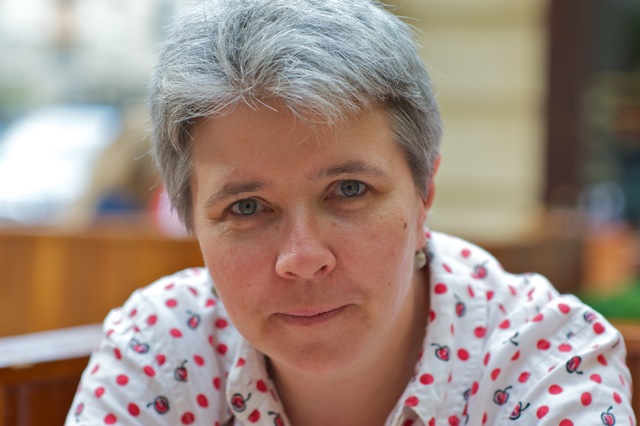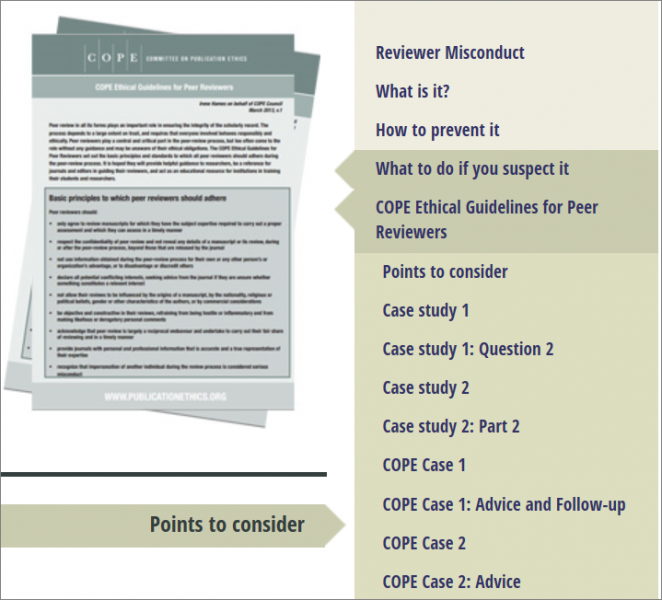 I’m writing the week after the first European Seminar that COPE has held outside of the UK which was hosted in the tremendous setting of the Representation of the State of Hessen to the European Union in Brussels (more detail on the seminar in the next issue). We were really pleased to have participants from across Europe, with speakers from Belgium, Croatia and Germany with topics ranging from a review of country wide policies on ethics, the challenges faced by journals from a small country such as Croatia, insights into academic publishing in Germany, and an overview of plagiarism. It was really tremendous to hear such a wide range of perspectives, both from the speakers and the audience and reaffirmed, I felt, the importance of COPE continuing to evolve to become a more globally representative organization. COPE now has more than 9000 members from 75 countries across all areas of scholarly publishing and we have 20 council members from 11 countries.
I’m writing the week after the first European Seminar that COPE has held outside of the UK which was hosted in the tremendous setting of the Representation of the State of Hessen to the European Union in Brussels (more detail on the seminar in the next issue). We were really pleased to have participants from across Europe, with speakers from Belgium, Croatia and Germany with topics ranging from a review of country wide policies on ethics, the challenges faced by journals from a small country such as Croatia, insights into academic publishing in Germany, and an overview of plagiarism. It was really tremendous to hear such a wide range of perspectives, both from the speakers and the audience and reaffirmed, I felt, the importance of COPE continuing to evolve to become a more globally representative organization. COPE now has more than 9000 members from 75 countries across all areas of scholarly publishing and we have 20 council members from 11 countries.
The seminar follows a forum that we conducted by webinar, which had more than 50 participants from around the world. Although the debate was very informed, we appreciate that speaking up on a virtual webinar can be daunting. We are very keen to hear from a range of views at these forums; please feel free to contact us in advance if you would like to but are unsure of how to participate.
The round up of links in this month’s newsletter is a further reminder of how global the issues are that affect publishing ethics and how interconnected they can be, but we understand that the news can be dominated by US and European items especially; if you would like to contribute items or have other suggestions, as always, please get in touch (contact us here).

 "Protracted and unresolved authors dispute” and “striking similarities” lead to two retractions in the
"Protracted and unresolved authors dispute” and “striking similarities” lead to two retractions in the  A descriptive cross-sectional study published in
A descriptive cross-sectional study published in  Registration is now open for the
Registration is now open for the  Every month we will be highlighting a publication ethics case that has been brought to COPE by one of its members. Cases will be highlighted for a number of reasons - they may be of broad interest, introduce an important new issue that members may not be aware of, or reflect a topic that COPE is increasingly being asked for advice about. We welcome comments and further discussion about the cases and will provide summaries in future issues.
Every month we will be highlighting a publication ethics case that has been brought to COPE by one of its members. Cases will be highlighted for a number of reasons - they may be of broad interest, introduce an important new issue that members may not be aware of, or reflect a topic that COPE is increasingly being asked for advice about. We welcome comments and further discussion about the cases and will provide summaries in future issues.